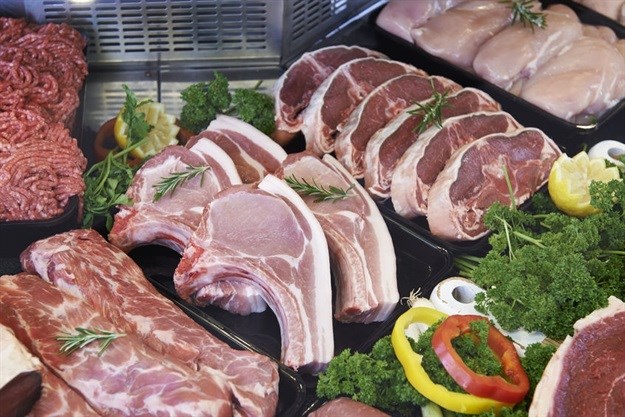
In 2013, South Africa faced a meat scandal of its own when gross misrepresentations in respect of the content of meat products and the incorrect labelling of meat products were revealed. At the time, a South African university released a report stating that meat products labelled as beef had been found to contain traces of donkey, water buffalo and goat meat as well as soya. As a result, the Minister of Trade and Industry published a notice, in terms of section 24 of the CPA prescribing meat products must contain certain information.
Since April 2014, the trade description of processed and packaged meat products, and dried and packaged meat products, must state the number, quantity, measure, weight or gauge of the goods; the name of the producer of the goods; the ingredients of which the goods consist, or material of which the goods are made, including a plain language description of the animal from which any particles, portions or constituents of meat were derived (amusingly the notice specifically states as examples, water buffalo, horse and donkey); and the mode of manufacturing or producing the goods.
In addition to these specific disclosures in terms of the notice, the CPA requires that producers and importers of these goods (being goods that are required to have trade description applied to them) must also ensure that the country of origin of the goods is contained in the trade description.
These types of trade descriptions need not be directly applied to goods but can also be attached to the goods, displayed with, or in the proximity of, the goods or contained in a sign, advertisement, catalogue, invoice, business letter, etc.
One would anticipate that the bulk of the effort to ensure compliance with section 24 of the CPA would fall on the producer or importer of the goods, but this has not been the case. The producers and importers are obliged to ensure that the information appears in the trade description of the goods. Retailers, on the other hand, have the obligation to ensure that it does not offer for supply or display any goods that contain an incorrect or misleading trade description, or contain a trade description which the retailer could reasonably determine or has reason to suspect is incorrect or misleading.
Although this regulatory intervention is not particularly far reaching (since other legislation and regulations and general principles regarding marketing already prohibit misleading statements made to consumer, whether in trade descriptions or otherwise), it is indicative of the commitment of the South African Government to consumer welfare.
A failure to display the required information on the labelling of meat products constitutes a transgression of the CPA and could result in serious legal consequences for retailers, producers and importers of meat who do not comply with their obligations.
If consumers find that meat products do not contain the information required by the CPA, they can, naturally, raise this concern with the retailer, meat producer or importer directly, but consumers have further legal recourse under the CPA. Consumers can lodge a complaint with the National Consumer Commission or contact the Consumer Goods and Services Ombud to report the non-compliance with the CPA. They can even take the matter directly to the Consumer Tribunal or to a consumer court.
The most practical recourse available to consumers is to approach the Consumer Goods and Services Ombud or lodge a complaint with the National Consumer Commission as these bodies have jurisdiction to investigate these matters and then take further legal action to ensure that the position is rectified and the provisions of the CPA are complied with. They may even impose hefty administrative penalties on the parties who did not comply with their obligations under the CPA.